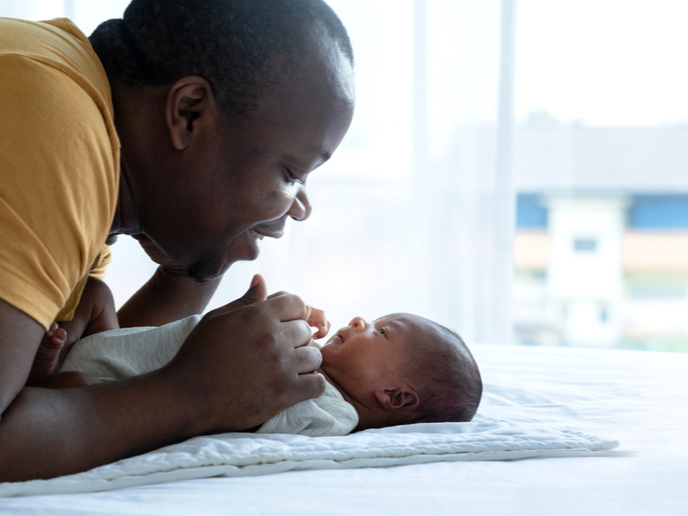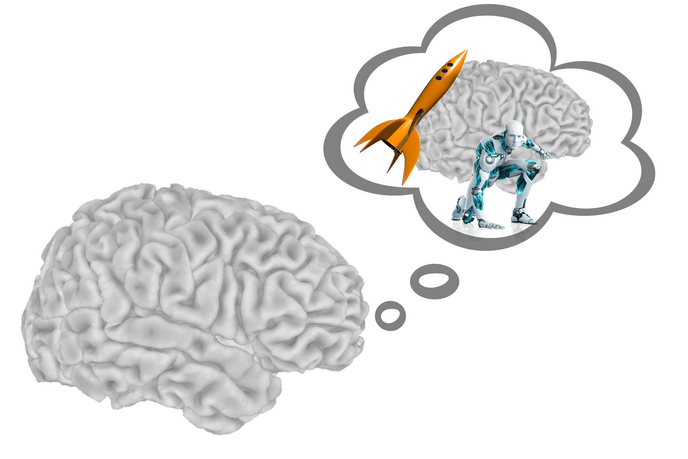How fatherhood changes men biologically
By 2010, fathers were found to be 3-6 times more engaged(opens in new window) in their children’s upbringing than their own fathers had been. Yet, research into paternal parenting remains an emerging field. While it is well-documented that pregnant women undergo significant changes to both hormone levels and brain activity, little is known about whether fathers experience similar impacts. FATHER TRIALS (Behavioral Experiments on Prenatal and Postnatal Parenting), funded by the European Research Council(opens in new window) (ERC), studied the interaction between hormones and the neural system, and links to parenting. It also investigated how stimulating contact between fathers and infants might affect fathers’ physiology and behaviour. Some studies had previously suggested a connection between oxytocin levels and parenting behaviour, while others showed that fathers tended to have lower testosterone levels than non-fathers. “Prior to our work, studies investigating hormonal changes in fathers had used small samples and none had studied the effects of parenting interventions on fathers’ brains and hormone levels,” says principal investigator Marian Bakermans-Kranenburg.
Testing positive parenting interventions
The team conducted three randomised control experiments focusing on the prenatal period, when fathers are often overlooked, and the early postnatal period when parents adapt to family life. In the prenatal experiment, half the fathers accessed ultrasound images of their developing child and were videorecorded interacting with their infants. The recordings were reviewed with a specialist who highlighted positive parenting behaviour, while the control group received phone calls relaying information about fetal development. After their child’s birth, intervention group fathers showed more attentiveness to their infants’ signals and needs. In the second experiment, 2 months after the baby’s birth, fathers were assigned to a soft baby carrier group or a baby seat group, which they used for 3 weeks, at least 6 hours per week. Afterwards the brains of fathers in the first group responded differently, with increased amygdala(opens in new window) reactivity to infant crying, suggesting increased alertness. Lastly, oxytocin(opens in new window), vasopressin(opens in new window) and placebo nasal sprays were given to fathers of infants aged 2-11 months. Both oxytocin and vasopressin led to decreased amygdala activation, indicating heightened tolerance to infant crying, compared to placebo. “If amygdala activation is too low it may not alert parents to the infant’s needs; if too high it may overwhelm parents, leading to withdrawal or irritation. The optimal is probably in the middle,” adds Bakermans-Kranenburg. The team also investigated ‘protection’ as a feature of male parenting. For example, using functional magnetic resonance scanning, fathers’ brains were monitored as they were shown video clips of situations threatening to infants. During one part of the task, participants were asked to imagine that the child was theirs, and during another, that it wasn’t. “Prenatally, fathers’ brain responses were much stronger when imagining it was their own child, but this difference disappeared after birth, suggesting an increased alertness to babies in peril generally,” she explains. Meta-analysis was also undertaken of brain responses to infant crying, finding that parents display much more brain activity when compared to non-parents. “In mothers’ brains, the most active regions are those associated with emotional processing, whereas in fathers it is those related to cognitive processing, the so-called mentalising network,” notes Bakermans-Kranenburg.
Implications for infant care
FATHER TRIALS highlights the importance of fathers being more actively involved in both pregnancy and later infant care. This could be supported with standardised paid paternity leave, which currently differs widely between EU Member States. In Belgium, fathers receive 3 days of paid leave, while in Sweden parents can share 480 days. The team is currently assessing the long-term effectiveness of their interventions; if findings are replicated, they could be integrated into parenting practices and paediatric care.







